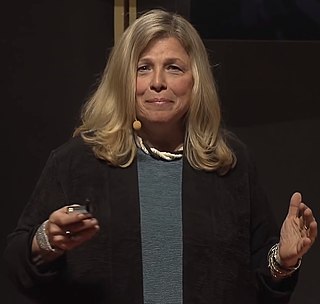A Quote by Neel Mukherjee
I start with theory rather than people. I don't like novels which have no theoretical or philosophical underpinning. I hate the contemporary novel where people just sit and talk to each other about their relationships.
Related Quotes
We build deep and loving family relationships by doing simple things together, like family dinner and family home evening and by just having fun together. In family relationships love is really spelled t-i-m-e, time. Taking time for each other is the key for harmony at home. We talk with, rather than about, each other. We learn from each other, and we appreciate our differences as well as our commonalities. We establish a divine bond with each other as we approach God together through family prayer, gospel study, and Sunday worship.
You can't have a novel without real, believable people, and once you get into either too theoretical a novel or too philosophical a novel, you get into the dangers that the French novel has discovered in the past 50 or 60 years. And you get into a sort of aridity. No, you have to have real, identifiable people to whom the reader reacts in a way as if they were real people.
The more readings a novel has, even contradictory, the better. In journalism, you talk about what you know; you have provided yourself with records, you have gathered information, you have performed interviews. In a novel, you talk about what you don't know, because the novel comes from the unconscious. They are very different relationships with words and with the world. In journalism, you talk about trees; in the novel, you try to talk about the forest.
I would like to write a novel, or at least try to write one, although my motives are not entirely pure. For one thing, I get asked about writing novels so much that I feel guilty about never having written one. And although I have no strong desire to write a novel, I would hate not to try. That would just be silly. On the other hand, I hate the idea of slogging through something that turns out to be not good.
I'd say that it's often true that people are attracted to each other immediately and everything lines up, but it's just as true for those relationships to end up a disaster. But people don't think of that as false love-at-first-sight. They highlight the examples that worked rather than the ones that failed.
People talked about being a parent, or being a mother or a father. We don't talk about "wiving" our husbands or "friending" our friends, or "childing" our parents. We just talk about being in a relationship with those people. You don't measure whether your marriage was good based on whether or not your husband is better now than he was 10 years ago, or whether your friend is richer than when they first became your friend. The relationships between parents and children is a kind of love, rather than a kind of work.






































